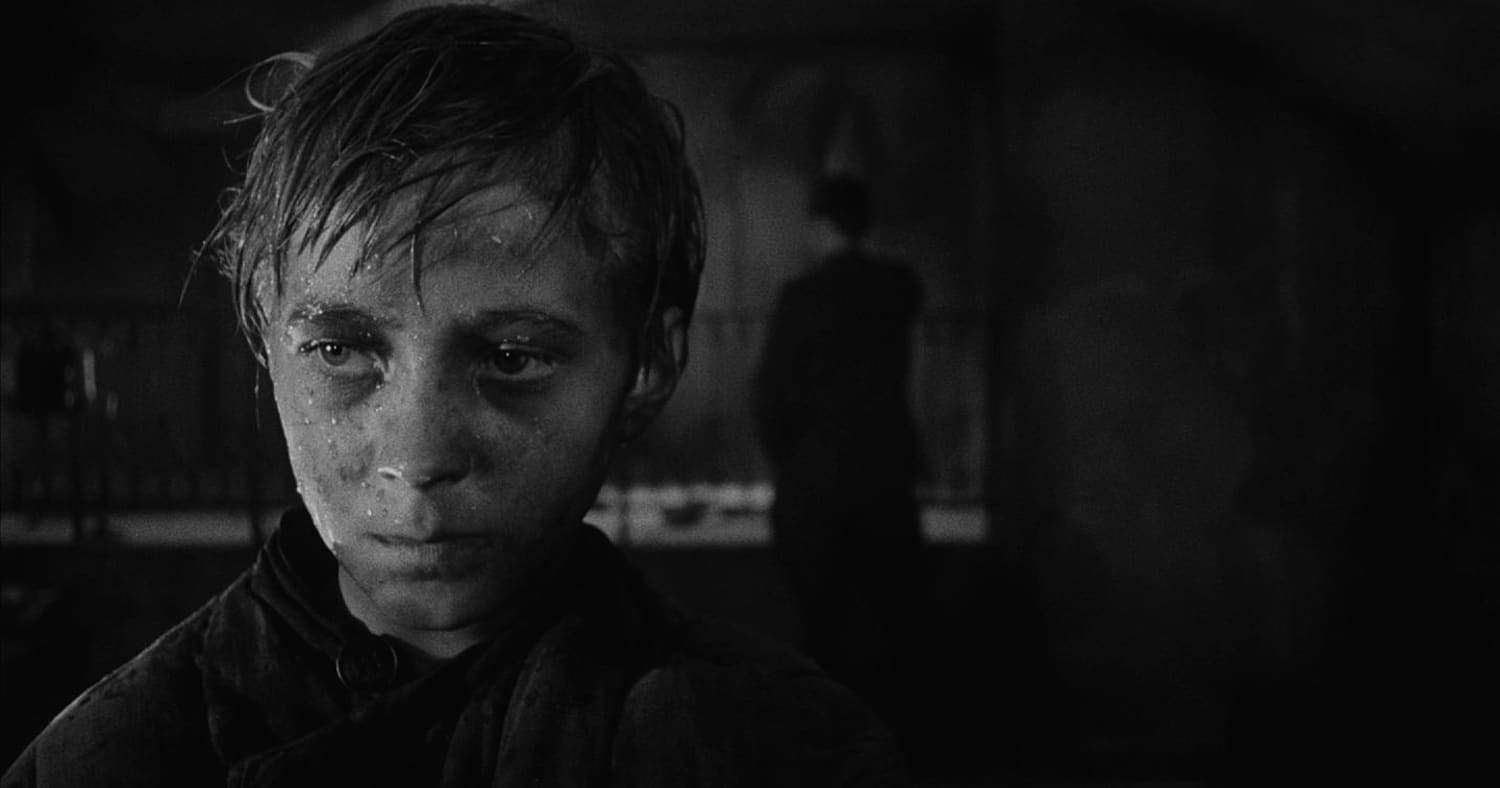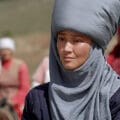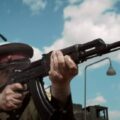Ivan’s Childhood (known as Иваново детство in Russian) is a 1962 Soviet war film directed by Andrei Tarkovsky and produced by Mosfilm. Selling over 16.7 million tickets in the Soviet Union alone, Ivan’s Childhood was Tarkovsky’s first feature film and one of his most successful projects. The film tells the story of a young boy who loses his innocence to the Second World War.
Ivan’s Childhood has received multiple awards and nominations. Notably, the film won the Golden Lion Award at the Venice Film Festival, which is the most prestigious award in filmmaking on the international level. Ivan’s Childhood is internationally acclaimed by audiences and critics alike, earning a 100% rating on Rotten Tomatoes and a rating of 8/10 according to Russia’s KinoPoisk. The film has had great influence over notable figures such as French philosopher, Jean-Paul Sartre, and directors, Sergei Parajanov, and Krzysztof Kieślowski.
Ivan’s Childhood is currently available on Amazon Prime.
Synopsis of Ivan’s Childhood
Ivan’s Childhood begins with a dream sequence, in which 12-year old Ivan Bondarev (Nikolai Burlyayev) enjoys time spent outside in the summertime. He is laughing and flying around in the sky when he eventually encounters his mother. The dream turns into a nightmare, in which his mother is suddenly in grave danger. Awakened by a large crash, Ivan finds himself alone in the war-ravaged Soviet countryside. He is captured by Soviet soldiers and brought in for questioning, during which he begs to speak to “Number 51 at headquarters”.
With enough persuasion, Ivan convinces Lieutenant Galtsev (Evgeny Zharikov) to call Number 51, who turns out to be Lieutenant-Colonel Gryaznov (Nikolai Grinko). Gryaznov informs Galtsev that Ivan is important and may have a crucial message he needs to send to headquarters. Finally able to rest, Ivan has another dream sequence, and it is revealed that his parents were killed by German soldiers.
The lieutenants decide to send Ivan to military school, which angers the boy because he wants to stay on the front lines. In response, Ivan runs away and eventually convinces the lieutenants to let him stay. They ultimately choose to use Ivan as a spy and organize a mission for him to cross over the river with Captain Kholin (Valentin Zubkov) and Lieutenant Galtsev.
Now alone in the forest, Ivan sets off on his mission to spy on the German forces. By the end of the film, Berlin has fallen under Soviet Occupation and the Russians have won the war. Watch Иваново детство to find out what happens on Ivan’s mission and what becomes of him and his lieutenant friends at the end of the war.
Viewing Ivan’s Childhood as an Intermediate Russian Language Learner
Ivan’s Childhood is a Soviet war drama, so it may be challenging to understand the concise yet specialized vocabulary of the soldiers in the film. Additionally, the non-linear plot with surreal dream sequences many further confuse a non-native Russian speaker. However, the dialogue between characters is full of valuable words and expressions that will help intermediate Russian language learners sound more native. Below are some words and phrases to learn before watching the film.
Helpful Words
- штаб (headquarters)
- не ваше дело (none of your business)
- берег (riverbank)
- допрашивать (to interrogate)
- сообщение (message)
- товарищ (comrade)
- подполковник (lieutenant colonel)
- договориться (to reach an agreement)
- окоп (trench)
- казнён (executed)
- лейтенант (lieutenant)
- будь осторожен (be careful)
- воевать (to be at war)
- детдом (orphanage)
- хватить (to suffice, to be enough)
- приказ (order, command)
- наступление (attack, offensive)
- полезный (useful)
- разведка (reconnaissance, intelligence)
- училище (academy)
As you watch, try to identify the above words as they are spoken throughout the film. It may be difficult to understand the movie without the assistance of English subtitles. But, with the help of context clues and the list of important vocabulary, you will be surprised by how much Russian you will be able to understand! Watching the film a second time may be beneficial as you can focus more intensely on the dialog without worrying about the plot.
Analysis of the Film
At the time of Ivan’s Childhood’s release, the Second World War still made up a large component of Soviet identity. As a result, most of the successful films of the period dealt with war, and usually centered around a war hero fighting against Germany and bringing glory to his homeland. Tarkovsky’s film diverged from this cinematic standard by instead focusing on the depiction of suffering and loss of innocence caused by war. Tarkovsky decides that the best way to represent themes of wartime loss and suffering is to contrast them with the opposing motif of childhood.
The essence of childhood is captured through the interpolation of dream sequences into the otherwise grim setting of war. These dreams provide a stark contrast between the childhood Ivan could have had and the current reality he is living in. They also serve to replace any depictions of on-screen violence, as Tarkovsky states, “we tried to replace narrative causality with poetic articulation”.
Despite his successes, Tarkovsky did receive some negative press towards his film. Notably, L’Unita, the official paper of the Italian Communist Party, condemned the film for leaning too far into surrealism and poeticism while not giving enough attention to themes of class-consciousness. However, the film was much more well received by Jean-Paul Sartre, who praises Tarkovsky’s stylistic choices, saying, “Ivan is mad, that is a monster; that is a little hero; in reality, he is the most innocent and touching victim of the war”.
While not an example of the traditional hero archetype of Soviet cinema, Ivan’s Childhood does tell the story of what happens to ordinary individuals who are forced to become heroes during war. The latter is much less glorious and inspirational than the former, but important, nonetheless. Thanks to Tarkovsky’s departure from propaganda-style war drama, Ivan’s Childhood tells a story of real human anguish that can resonate with a global audience. In the words of critic Dennis Schwartz, Иваново детство “leaves us with a haunting vision of war and what it does to children”.
Watch Ivan’s Childhood Online
Watch the full movie on Amazon.
Watch the movie trailer below:
You Might Also Like

Repentance: A Georgian Film and a Warning To The World
In 1984, the Georgian director Tengiz Abuladze made a film called Repentance. It was quickly banned for its truly daring allegorical depiction of Stalin’s terror and how future generations of leaders suppress the truth of the crimes of their ancestors. However, Gorbachev’s glasnost policies unearthed the film and allowed for its domestic and international release […]
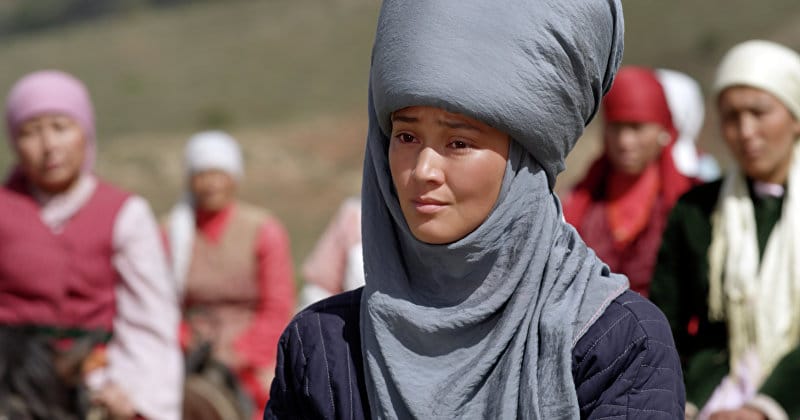
Kurmanjan Datka: American Students Review a Modern Kyrgyz Film
Kurmanjan Datka is a historical drama about a woman who helped unite Kyrgyzstan’s fourty tribes into a nation to fight the invading Russian forces. Recently, a modern film was made of her life and deeds. It is called simply Kurmanjan Datka, although it was released with English subtitles with a second name: Queen of the […]
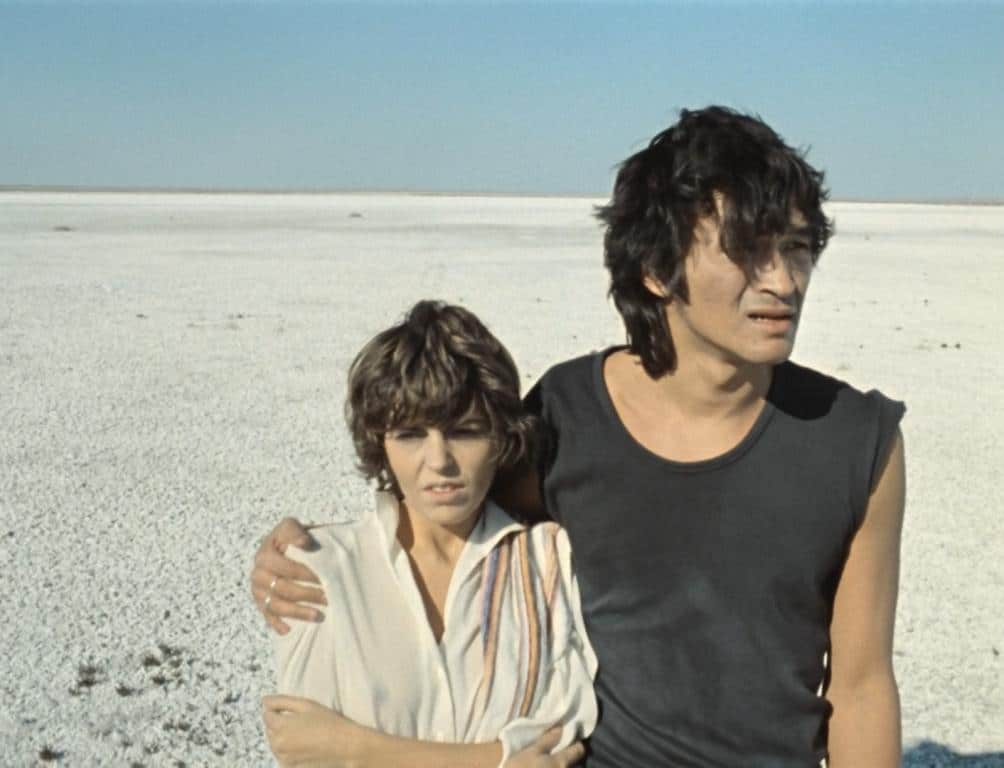
Chernukha: Russia’s Tough Truths Through The Filmmaker’s Lens
Glasnost’ (Гласность), a political and social policy spearheaded by Soviet leader Mikhail Gorbachev (Михаил Горбачёв) in the USSR in the late 1980s, described an increased ability of Soviet citizens to openly discuss problems in their country. Glasnost’ affected nearly all aspects of society, including filmmaking. Filmmakers of the late Soviet period used their newfound freedom […]
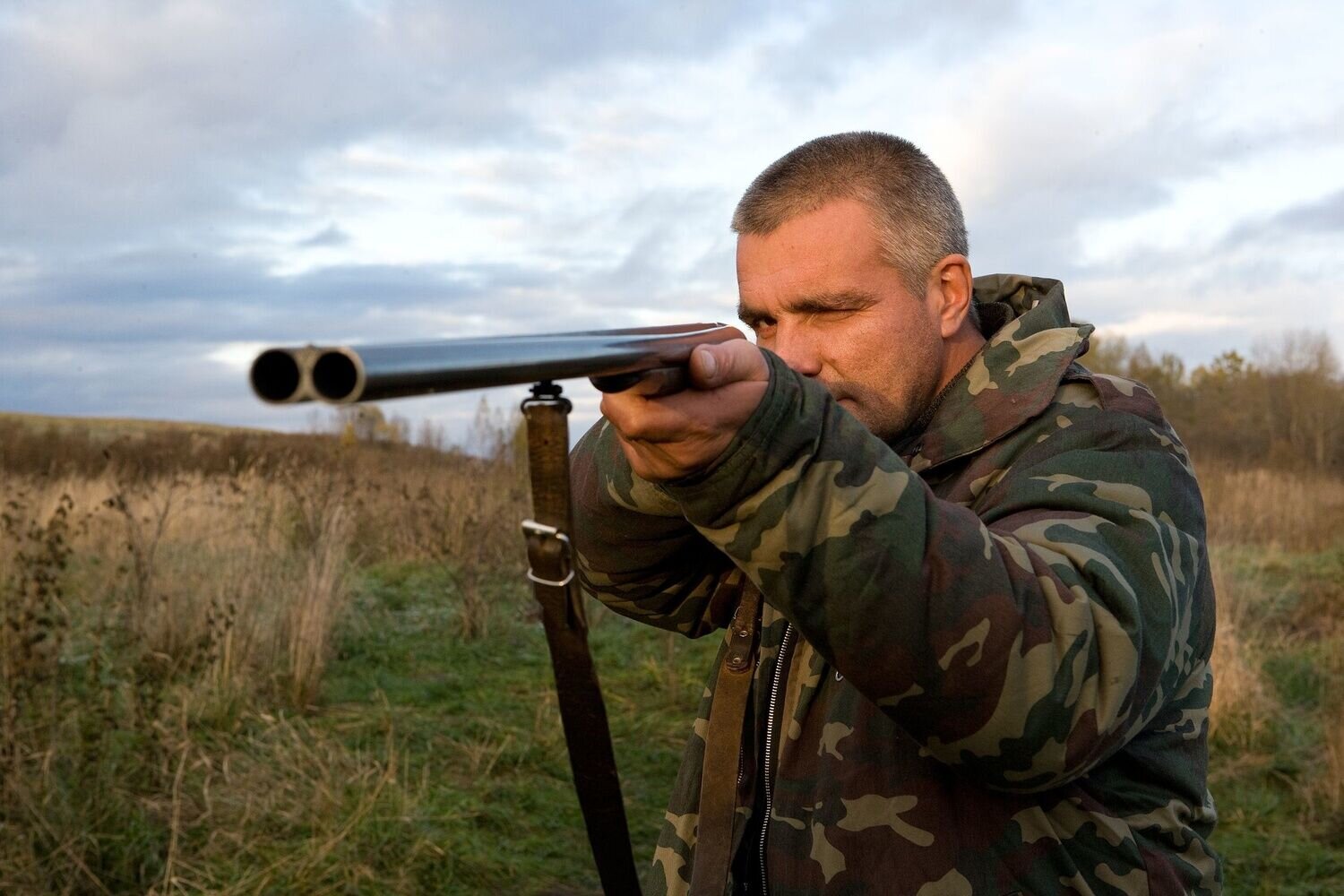
The Hunter (2011): Learning Russian Through Film
The Hunter (2011; Охотник), directed by Bakur Bakuradze, is a film of few words. Starring Mikhail Barskovich, Tatyana Shapolova, and Gera Avdochenok, the film employs lesser-known actors in the creation of this deeply moving picture. The film was critically well received and was nominated for the UN Certain Regard Award at the 2011 Cannes Film […]
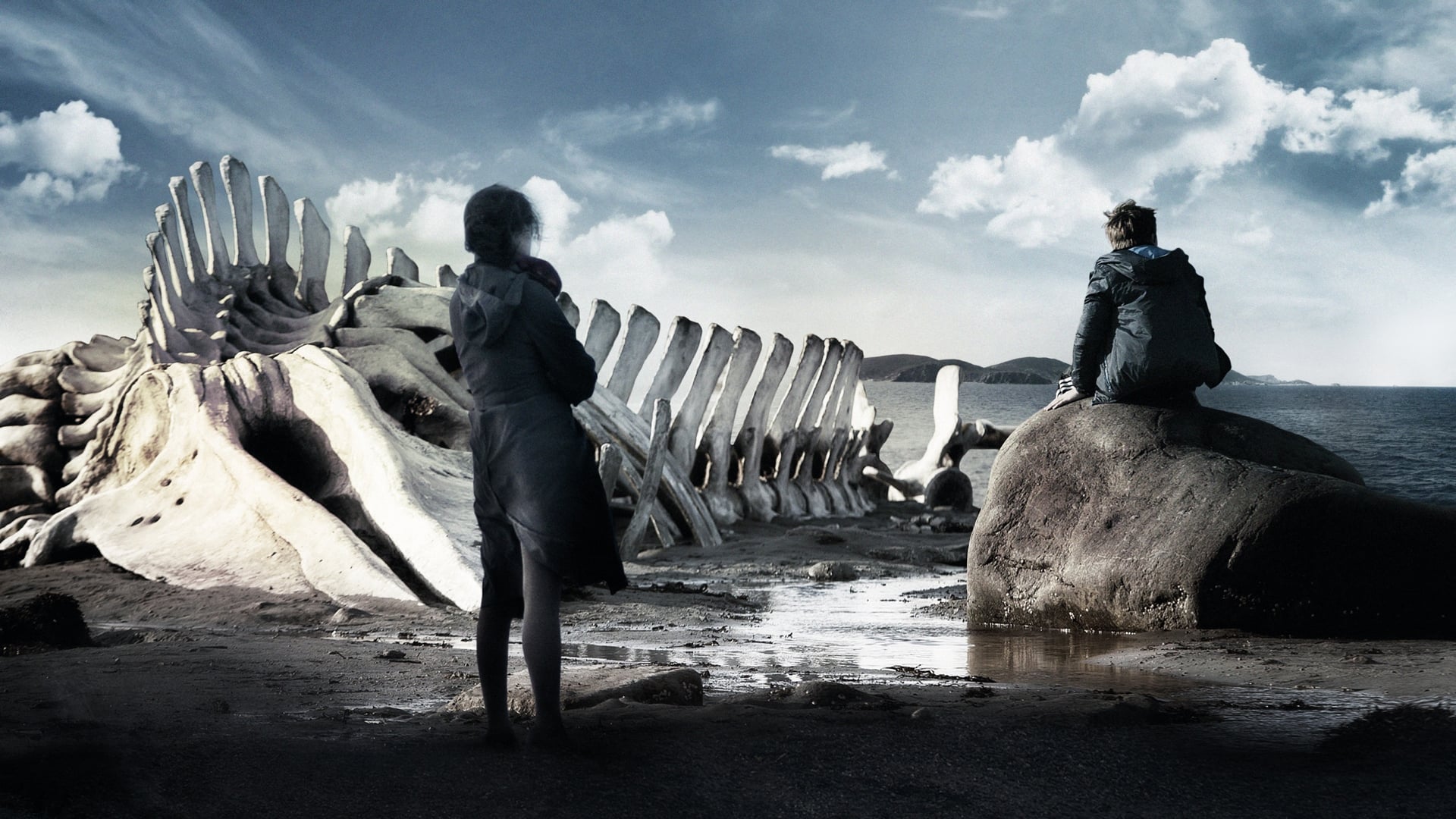
Leviathan (2014): Learning Russian Through Film
Leviathan (2014; Левиафан) is a powerful film that lives up to its theological title. The film stars well-known actors who participated in director Andrey Zviaginstev’s other pictures, namely Aleksey Serebryakov, Elena Lyadova, and Roman Madyanov. Zviaginstev is known for his landscape-heavy film style in which the sublime seems to play its own character. This can […]


